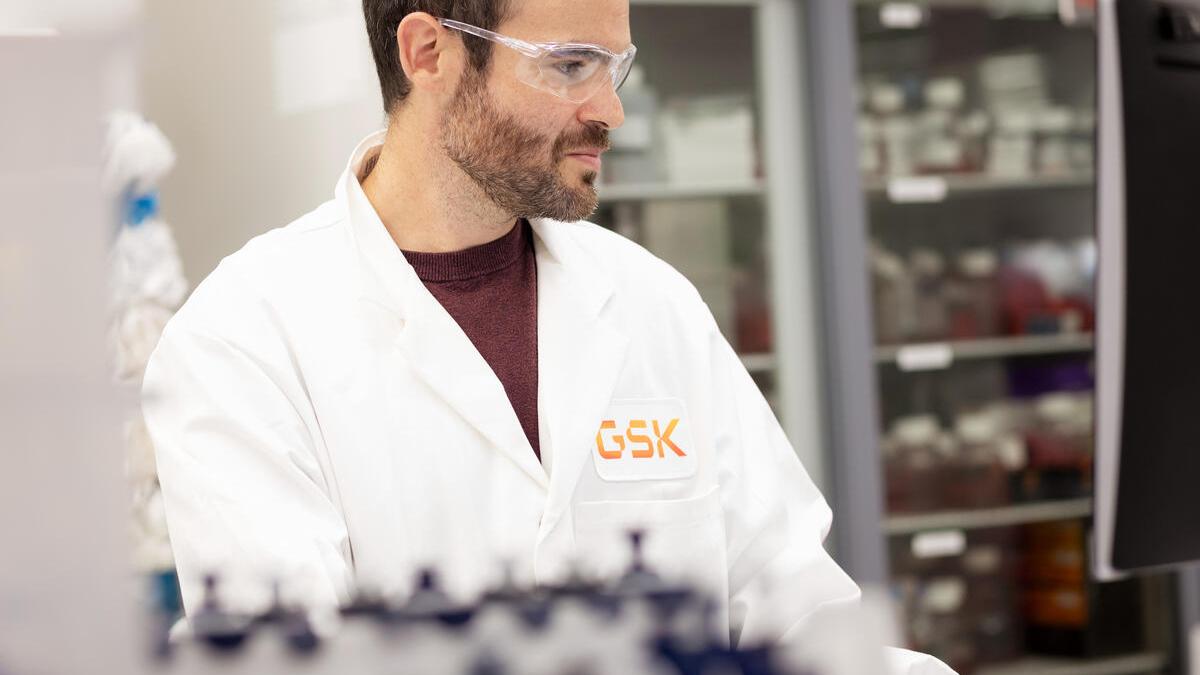Growth is good, but GSK really needs to build its pipeline

Emma Walmsley
GSK continued a run of several consecutive quarters of solid growth in the fourth quarter of 2022, helped by shingles vaccine Shingrix, but it needs to build up its pipeline ahead of an upcoming hit to its big HIV franchise.
That's the view of Sheena Berry, equity research analyst at Quilter Cheviot, as the UK-headquartered pharma group reported a healthy 13% increase in sales at constant exchange rates to £29.3 billion ($36.1 billion) last year, well ahead of expectations.
Shingrix was once again the star performer, up a forecast-beating 18% to reach £769 million in the fourth quarter and knocking on the door of £3 billion for 2022 as a whole, and there was also strong growth for HIV therapies sold by GSK's majority-owned ViiV Healthcare unit, which were up 21% to £1.68 billion in the three-month period.
Berry is worried about the upcoming expiry in 2027 of patent protection for HIV drug dolutegravir, which accounted for no less that £1.48 billion of fourth-quarter HIV sales, which will create a major headwind for the franchise. Meanwhile, potential competition to Shingrix is also on the way from Pfizer/BioNTech, Curevo, and others.
"Some of the better performance was helped by older products, such as respiratory product Advair, however, this is less of a focus and not core to the investment thesis," Berry said. "GSK's new drugs and development pipeline will be crucial for 2023 [and] we maintain that GSK needs to enhance its pipeline."
Approval and swift, strong uptake of its already-filed respiratory syncytial virus (RSV) vaccine for older adults will be key, with prospects muddied by rival shots from the likes of Pfizer and Moderna.
GSK is hoping for three other approvals in 2023, meanwhile, including a green light for latecomer checkpoint inhibitor Jemperli (dostarlimab) in first-line endometrial cancer and momelotinib for fibrosis in the US, as well as daprodustat for anaemia associated with chronic kidney disease in the US and Europe.
Also hanging over GSK is a liability risk relating to gastrointestinal drug Zantac, which has been linked to cancer.
The Zantac litigation continues in federal and state courts in the US , and more clues as to how this transire will be resolved later in February, said the analyst. GSK and co-defendants won an early round in the legal wrangling in December, but some market observers have said that the potential liability could be in the billions of dollars.
Chief executive Emma Walmsley – who has been fending off criticism from some investors about GSK's direction and management – said 2022 was a "landmark year" for the company, with a "step change" in performance stemming from a revamp its commercial execution.
"We enter 2023 with good momentum, underpinning confidence in our ambitious sales and profit outlooks for 2026," she added.













